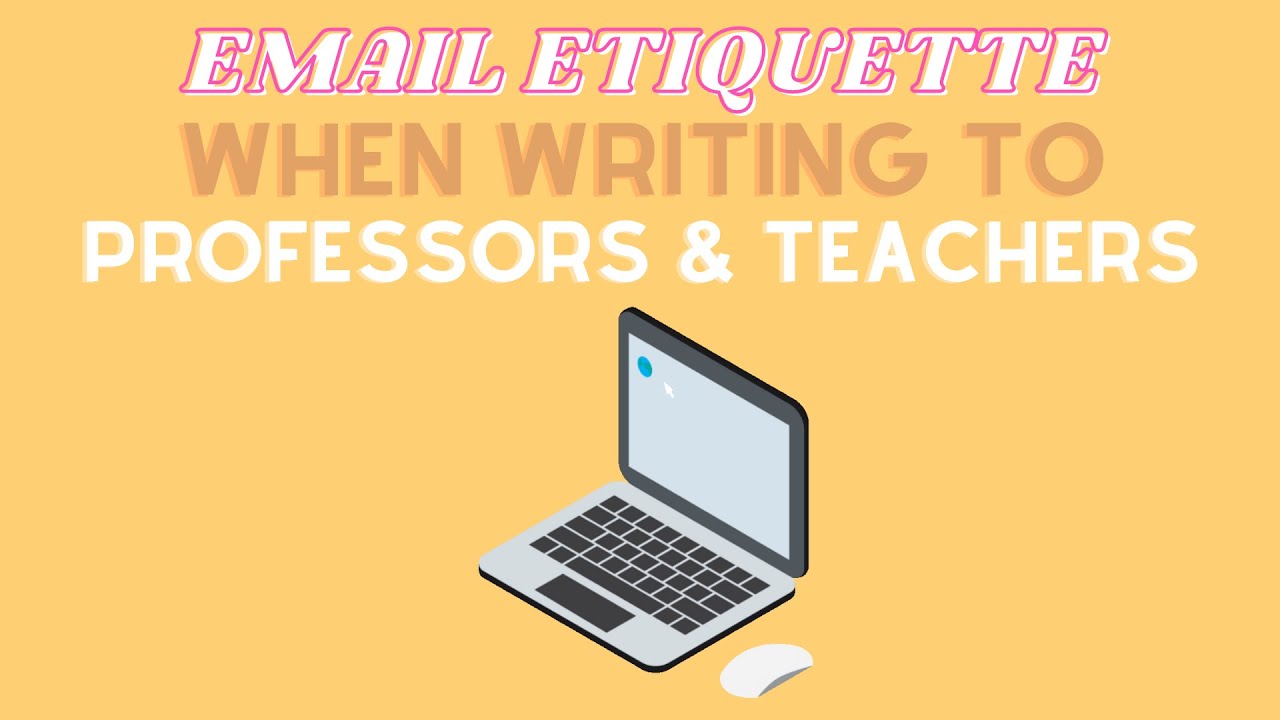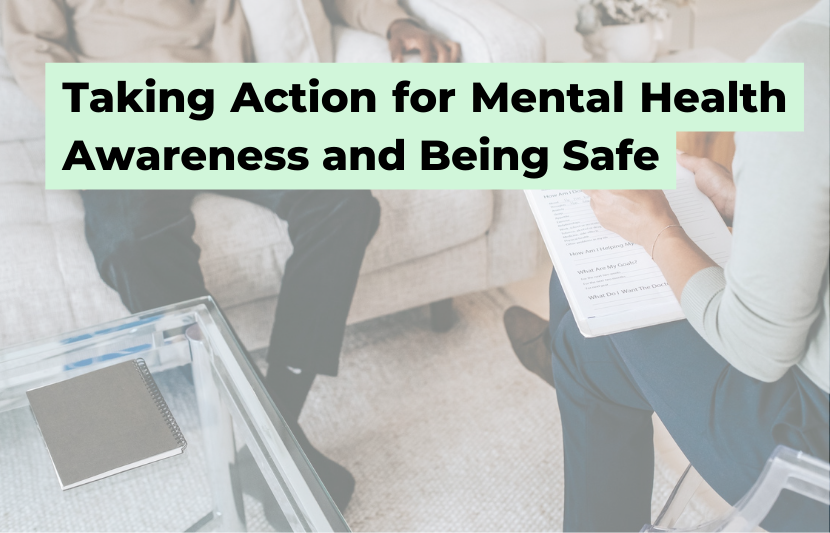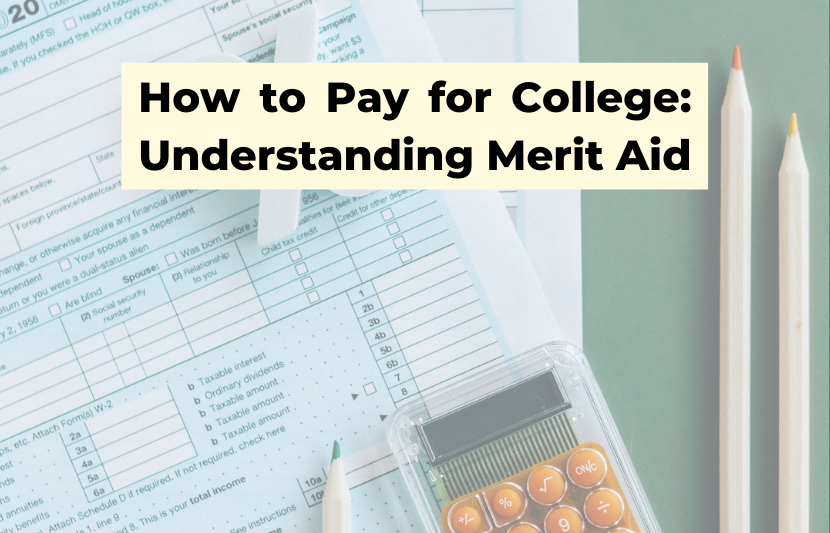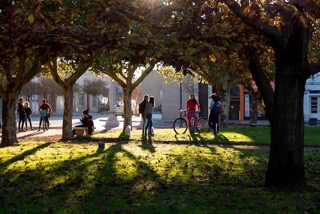In this episode of TUN TV, Dr. Crystal Rose interviews Christen Arafeh, founder of Hive College Buzz, about the ins and outs of applying to scholarships.
Dr. Rose: Welcome to The University Network TV. where we scan the globe to give students, their families, and educators the very best tips for student success. I’m your host today, Dr. Crystal Rose, and on today’s show, we’re exploring the very timely topic of scholarships entitled, “Don’t Wait.”
With this imploring headline, it’s clear that when it comes to scholarships, you don’t want to play around, and with $5.2 billion of scholarships on The University Network scholarship tool, there’s no reason you’d want to do so.
So, for today’s conversation, we invited a very special guest Christen Arafeh from our featured series “Sweet College Success With Hive College Buzz.” And, she’s here to give us the 4-1-1 on scholarships.
Not only does Christen have a global college advising agency called Hive College Buzz, but she has a proven aptitude for winning scholarships herself and helping students and families win over six figures collectively for college.
Christen, welcome.
Arafeh: Thank you so much, Dr. Crystal, for having me back on today.
Dr. Rose: Absolutely. Well, let’s get right into it. Why shouldn’t students wait to apply for scholarships?
Arafeh: Scholarships really have varying deadlines. So, many students think that they must be a senior before they can apply for scholarships or that they have to have decided on a college or even a major. And the truth is if you’ve waited that long, you’ve missed out on some of the biggest and some of the best scholarship opportunities out there.
Dr. Rose: Wow. So, you, for example, began applying for scholarships in 9th grade. Correct?
Arafeh: Yes.
Dr. Rose: Wow. Okay, that’s great inspiration there. Next question, what sort of scholarships are there?
Arafeh: There are truly scholarships for everything.There are scholarships for academics. There are scholarships for sports, of course, scholarships for the arts, scholarships for community service. There are scholarships for specific majors and career paths or even scholarships based on your ethnicity and religion. There are even scholarships for left-handed students or really tall students, really short students, students with disabilities. So, whatever qualifying words you can use to describe yourself, there are scholarships out there for it.
Dr. Rose: I like your phrase, “qualifying words”, but can you tell us in this landscape of the plenty, are there ever any scholarships that students and families need to be wary of? And if so, what are the signs that maybe this is a scholarship you should skip?
Arafeh: If a scholarship sounds like it’s too good to be true, it probably is. So, especially there’s a lot of those, like monthly, no-essay scholarships, that they really just want your name and email address. The truth is, those are more like sweepstake scholarships and at the end of the day, those scholarship companies sell your information to third-party sites.
So, I usually say, it’s okay, it’s not terrible if you apply to a handful of those sometimes. But I wouldn’t make that your entire scholarship strategy. And so, I often hear parents say, “Oh, my daughter applied to over 100 scholarships, and she didn’t win a single one.”
And that’s when I like to take a step back and look at what kind of scholarships she applies to. Because if she sat down in one afternoon and applied to 100 that she only needed to put her email address in, it’s a sweepstake. Your chances are just not there, as they would be if it was a scholarship that required some meat to it, you know.
I know students sometimes are tired of writing essays, but the truth is I’ve been doing some research with my personalized scholarship searches and I’m finding that over 80 percent of legitimate scholarships require an essay, and for most of those, it can be the same essay that you write. They don’t know what you submitted to other scholarships. So, it’s easy to revamp your essay or your new scholarship audience. So, that’s what I suggest.
Dr. Rose: Love that. And I also recognize saying, one should apply is probably easier said than done. So, how do students begin to apply for scholarships? What would you say the ABCs of applying for scholarships would be?
Arafeh: Yeah. “A” would be application review. There’s an application you want to make sure that you have filled out completely. So, if they are asking for extracurriculars, they want to know you’ve done extracurriculars because chances are the other students applying can fill out that part.
If they’re asking for community service and you leave that section blank, it looks like an incomplete application. Other students applying are filling out that section, so you never want to leave an application section empty.
“B” would be your bio or resume. Resumes are definitely at the top of my to-do list. I think that by starting with your resume, you can copy and paste your most important information and make it very simple, very easy to complete your application that way.
And “C” would be to collect and copy. Collect all the information that you need. Sometimes, those are letters of recommendation. Sometimes, it is a resume. Sometimes, it’s your essay.
When you see a scholarship, take note of all the additional information that should be included before you submit and pull all those pieces together before the deadline.
Dr. Rose: Very short, concise, memorable ABC: A – application review, B – bio, C – collect and copy. Thank you again for joining us today, Christen.
Arafeh: No, I am excited to be here. Thanks for having me.
Dr. Rose: And thank you very much for joining us today. I’m your host, Dr. Crystal Rose. Until next time on TUN TV.
This interview has been edited for clarity.
For more exclusive interviews with experts who share their insight to help students succeed, check TUN TV!












